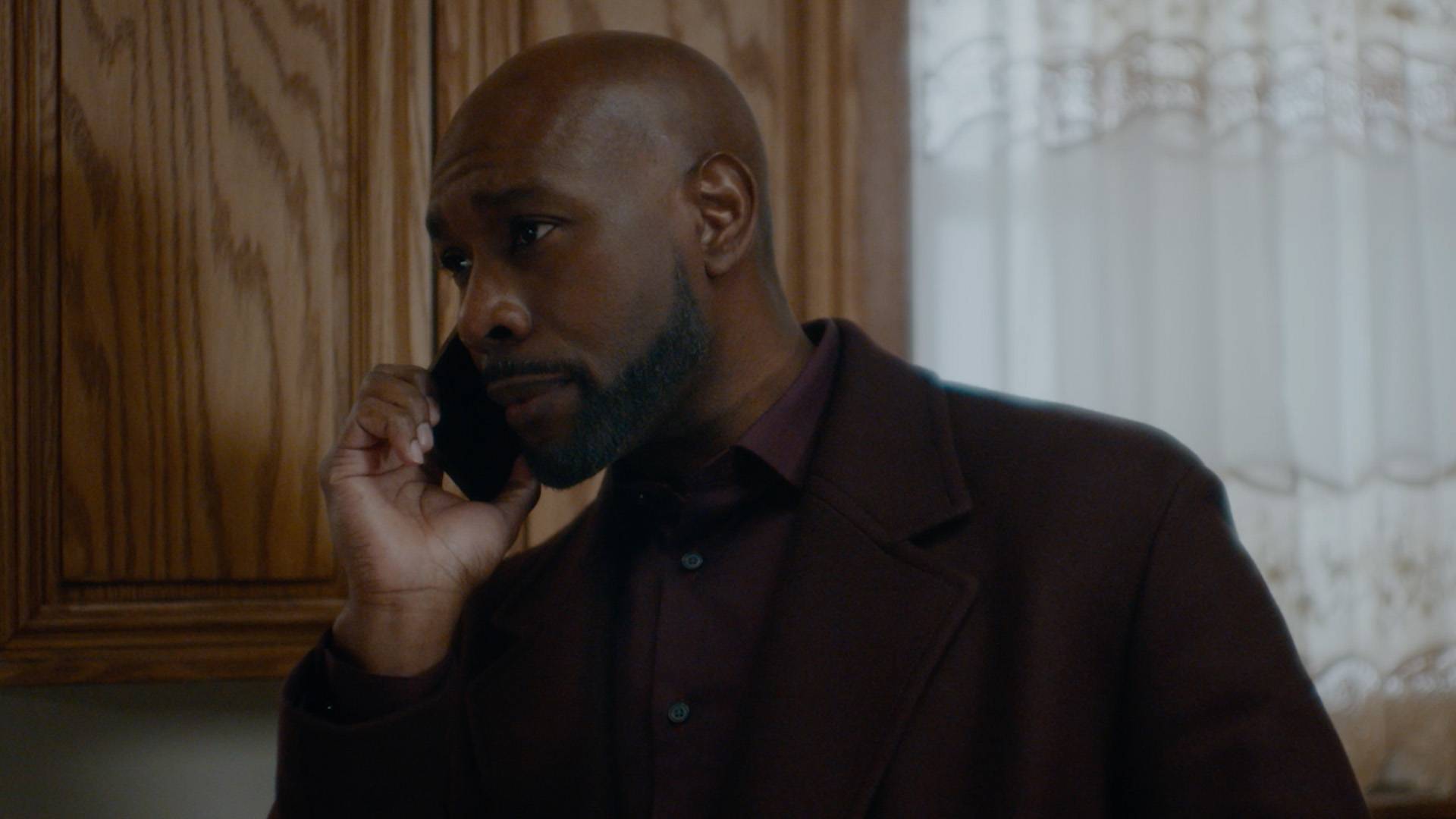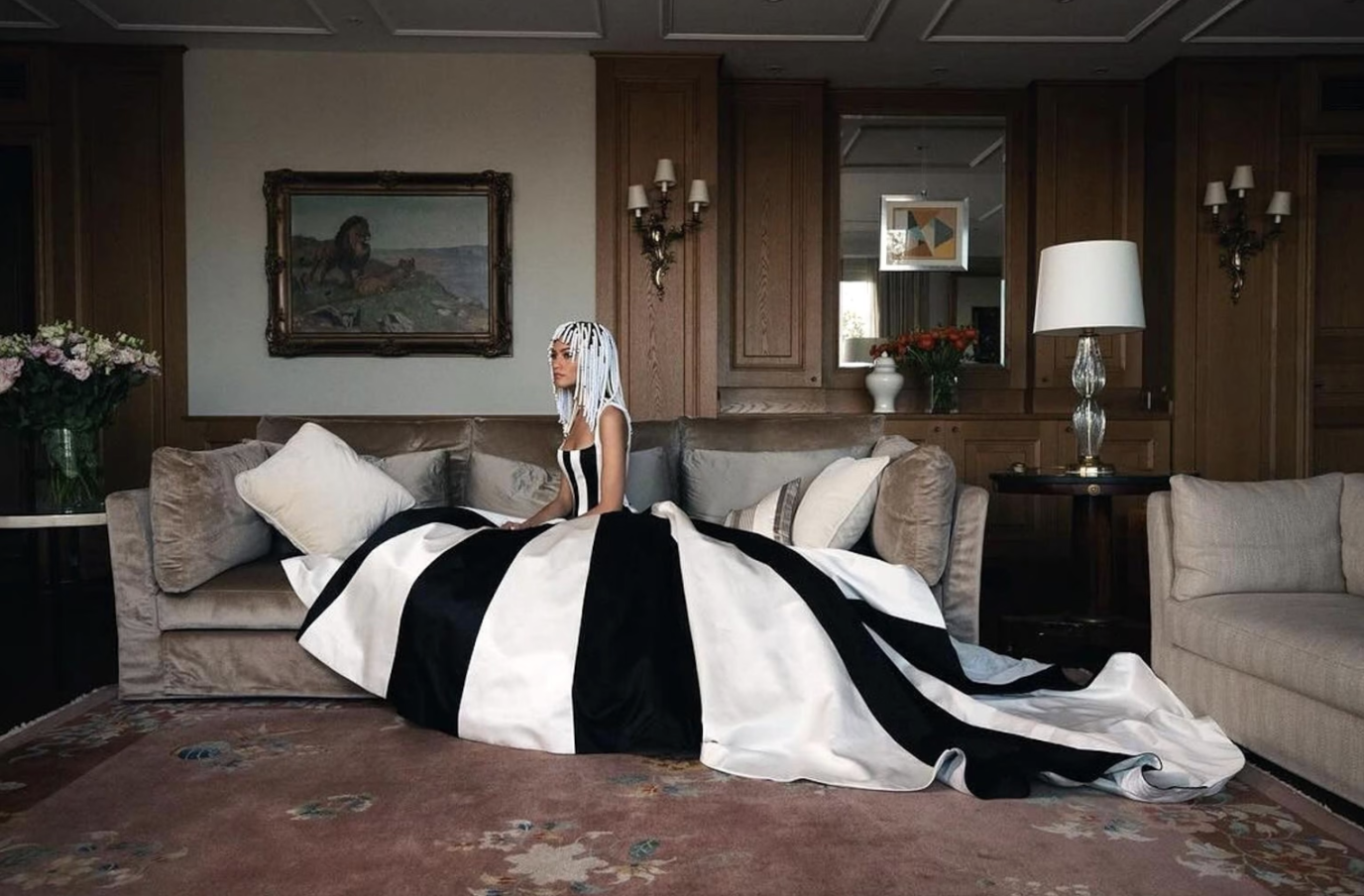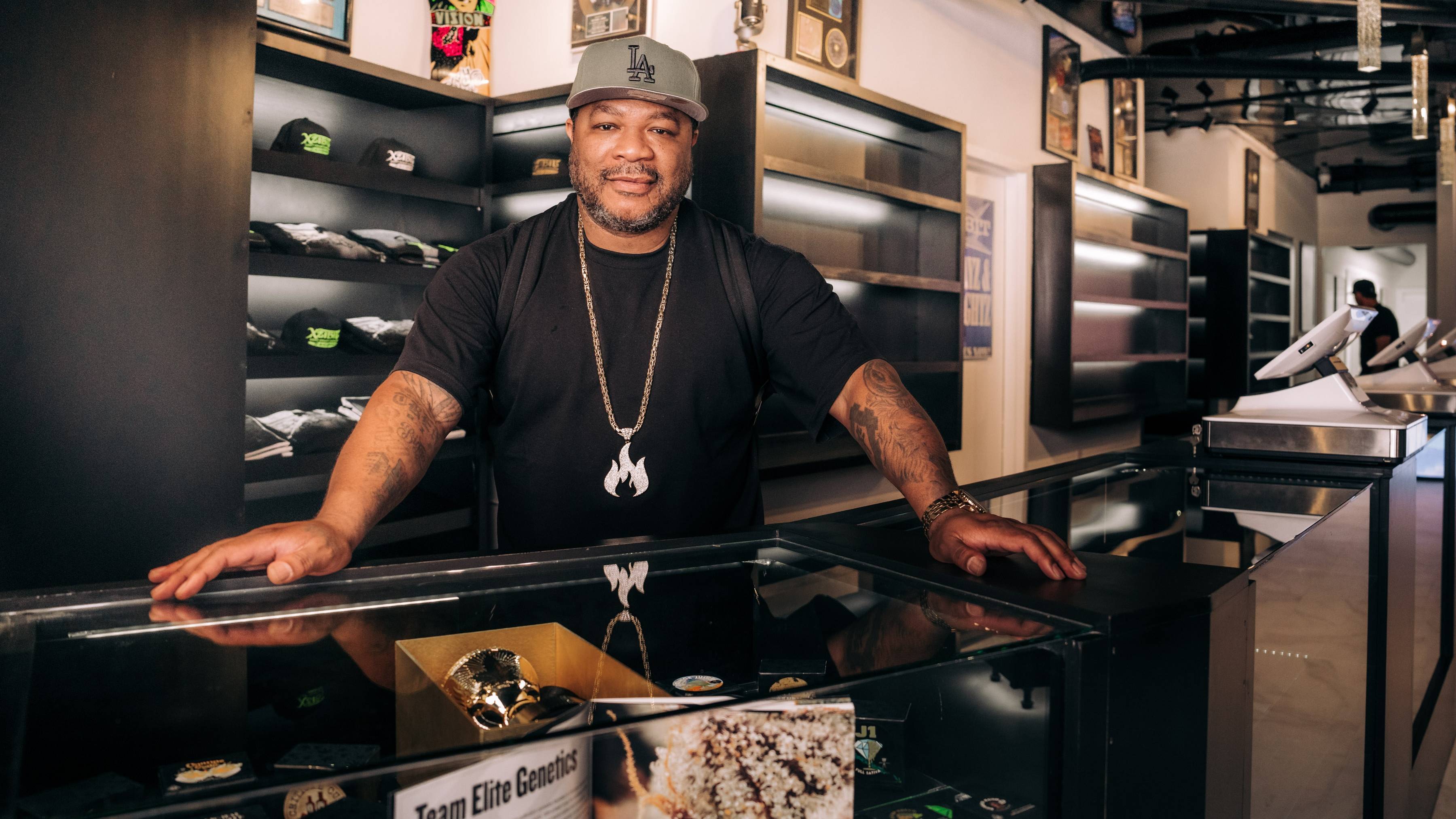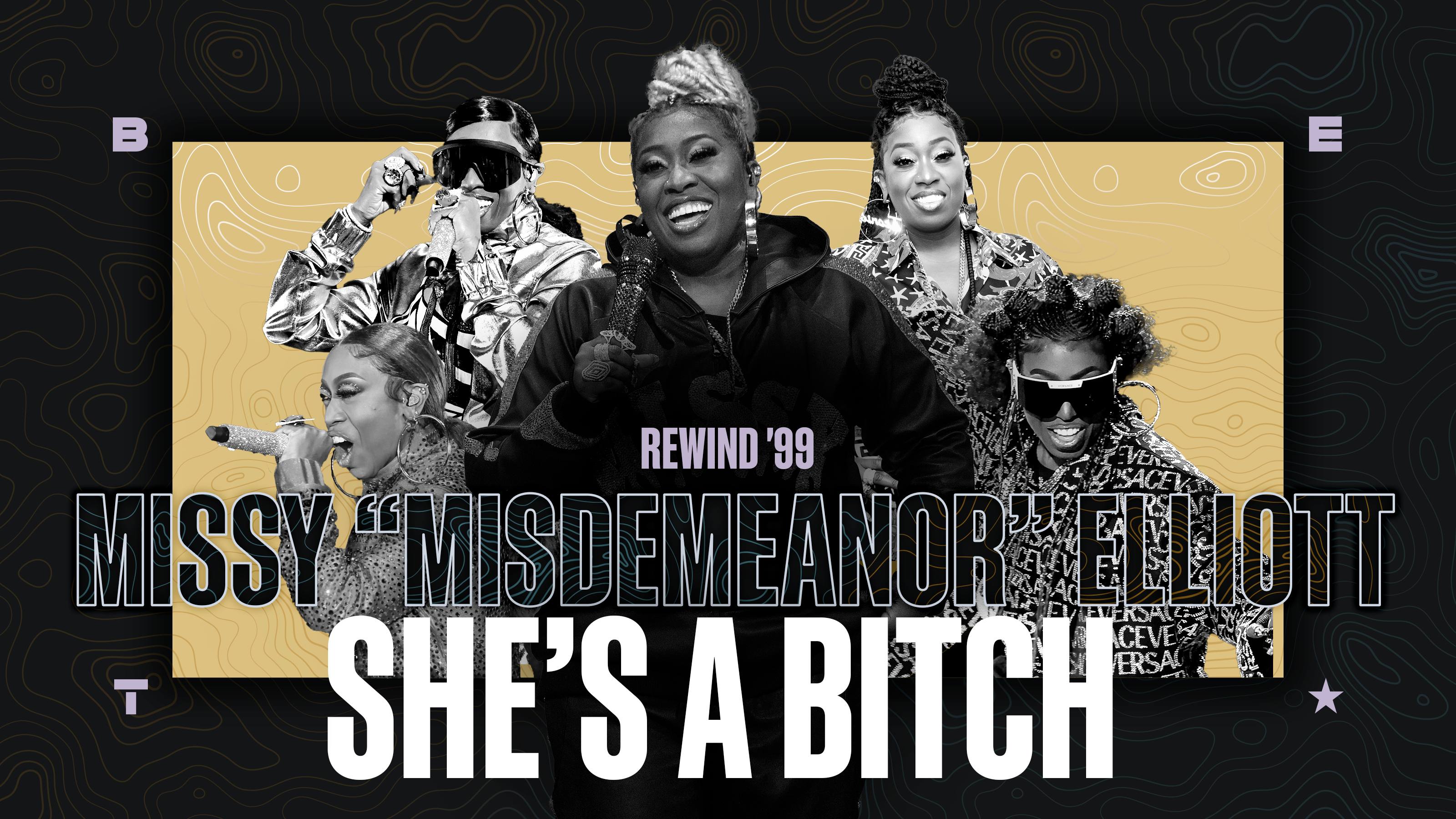Review: 'Lady Day' on Broadway

When an actor portrays a well-known figure in American history, usually there are similarities. Dorothy Dandridge and Halle Berry had uncanny similarities, both physically and as Black women who broke barriers at the Academy Awards. Mary Bridget Davies as Janis Joplin in A Night With Janis Joplin is a blues singer and resembled the late, great rocker. But there are no such commonalities between Audra McDonald and Billie Holiday, which is why McDonald's performance is 90 minutes of the most transformative work you will see on Broadway this year.
Audra McDonald is a mezzo-soprano, Julliard-trained Broadway singer. Billie Holiday had a thin voice with a small range, and her training was the do-or-die School of Hard Knocks.
McDonald was born in Berlin and raised in sunny Fresno, California. Holiday was born in Baltimore and lived much of her life in the rough streets of New York City.
Audra McDonald is one of the greatest successes in the history of Broadway — she's won a record five Tonys. Billie Holiday is one of the greatest tragedies in American music.
It's no secret the 43-year-old is an acting and singing beast, but when it was announced McDonald would play Holiday, many critics and fans of Broadway thought the casting was a stretch — even for Audra's great range. They should have known better than to doubt Miss Audra. She delivered yet another performance of a lifetime. But this is what Miss Audra does... she gave a performance of a lifetime in 2012's Porgy and Bess, another performance of a lifetime in 1996's Master Class and even the meanest of critics praised Audra McDonald's performance in the panned, live version of the Sound of Music. The woman is a freak of performance nature.
From the first note (for a moment I thought she was lip-synching to Billie as a tribute of some sort), McDonald snatched up ever fiber of Billie’s being. The tone, the grit and the specific vocal distinction of Holiday was astounding to hear from another human being that wasn't Billie Holiday. Give Audra her sixth Tony.
Beautifully written by Lanie Robertson and directed by Lonny Price, Lady Day takes place at Emerson's Bar and Grill in 1959 Philadelphia. Staged as a small venue concert and backed by a three-piece band, McDonald opens the show by stumbling to the stage in all her Billie glory, ironically dressed in a white gown and gloves. It’s the last four months of Holiday’s life, fresh out of jail for drug possession and singing in a town that she hates — Philly. McDonald owns every piece of the stage and strolls through the audience to smoke cigarettes and refresh her drinks with straight gin — no chaser.
Less is more in Lady Day: the show is fittingly set with a small stage and tables for the audience privileged enough to land floor seats. The lighting is an eerie, almost smoky mist, channeling the beat-up Philly bar. Between each song, there are hilarious, disturbing and raunchy stories of Holiday's epic life. Everything from how she fell in love with music to enduring racism in the Deep South to her tragic family to becoming an addict. With a drink and cigarette, the monologues are filled with n-words, f-bombs, b-----s and other obscenities that surprisingly save the show from the morbid. As sad as Holiday's life story was, the superb storytelling in Lady Day found a way — like so many people — to present the laughter through the tears. You make do with what you got and don't worry about what you don't got.
Lady Day conquers great musical numbers, showcases the brilliance of Audra McDonald and accessibly tells the story of Holiday. Most importantly, the production recaptures the truth of Billie Holiday, who was born Eleanora Fagan. This is not the glamorous Diana Ross version from 1972. Billie was a boozing, chain-smoking, foul-mouthed, uniquely politically-charged broad who believed in telling the truth with no shame. Lady Day is as close to the real Billie as we will get.
The 15 songs included jazz and blues classics like "Crazy He Calls Me," "Pig Foot (And a Bottle of Beer)" and "T'aint' Nobody's Business If I Do." Audra woke Billie up from the grave when she poured her soul in "God Bless the Child" and "Strange Fruit." However, it was a shock to not hear Billie's other signature songs like "Good Morning Heartache" and, of course, "Lady Sings the Blues," which could’ve easily been swapped out for the lesser known numbers.
Billie Holiday was about the feeling. Whether it was misery or happiness, no one finessed emotions like Lady Day. She influenced every artist from Frank Sinatra to Aretha Franklin. Therefore, what makes Lady Day soar is the feeling. A feeling that stays with you long after you leave the Circle in the Square Theatre. Billie Holiday is surely raising a glass in jazz heaven.
Lady Day is currently playing at Circle in the Square on Broadway.






